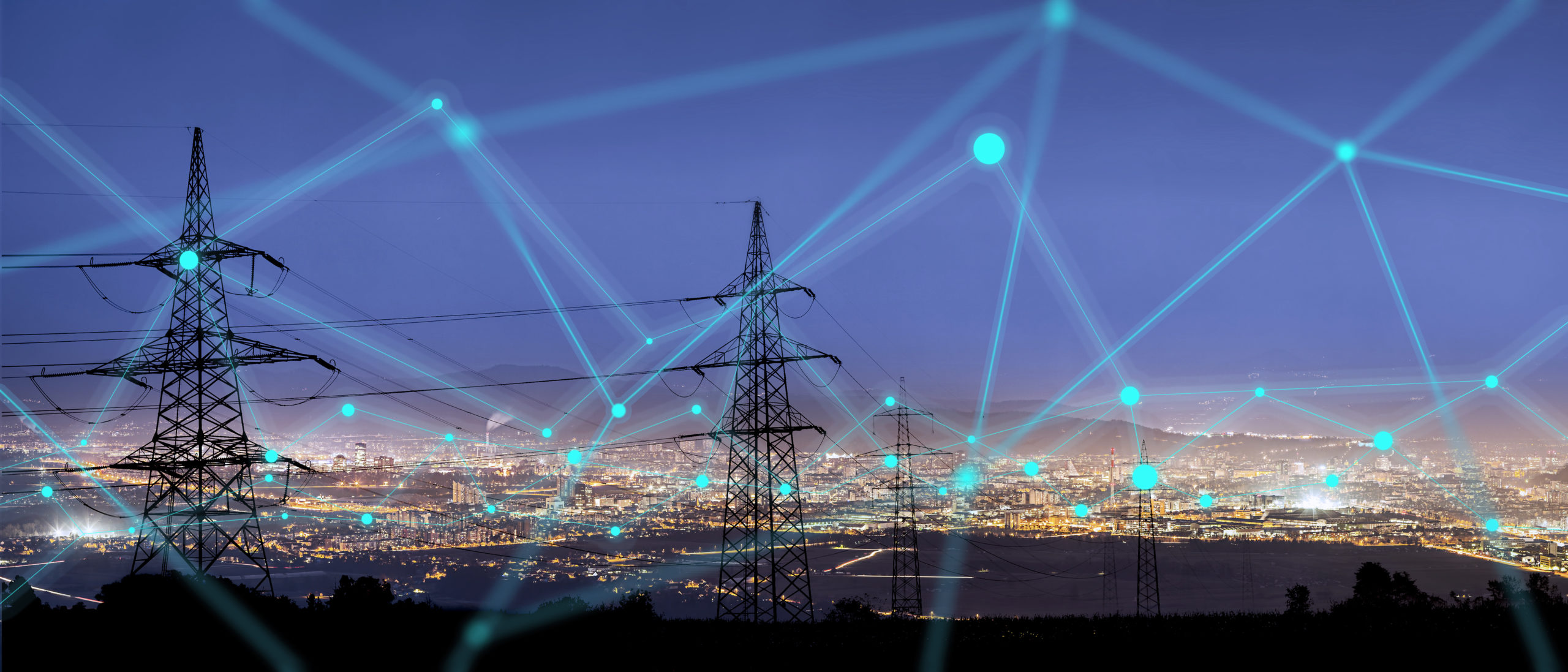Paying communities & homeowners to accept new power lines, could follow from a radical shake-up released today, intended to free up Britain’s chronically congested grids.
Speeding up the delivery of new transmission lines and connections is challenging but achievable, Electricity Networks Commissioner Nick Winser advises energy ministry D-ESNZ today.
More than 230GW of clean, green generation plant is already in the UK’s connection pipeline, dwarfing the 80GW capacity currently connected, Winser found. National goals see another 50GW of wind power and 24GW of nuclear, including small reactors, all needing to plug in before 2035.
Winser, a former National Grid CEO, and now chair of technical research body Energy Systems Catapult, found it takes as long as 14 years between scoping a green generator’s needs, and hooking it into the grid. Even big wind farms are built in half that time.
Customers, generators, developers and the environment all lose out, and today’s penalties look set to get worse. Curtailment fees – the money paid to generators deprived of free flow of their output – could rise from between half and £1 billion last year, to a peak of between £2 and £4 billion forecast around 2030, even if all current investment is delivered on time.
Appointed last July, Winser was tasked to advise ministers on accelerating & simplifying connections grants. His eighteen recommendations include:
- Streamlining the system for planning approval
- Revised network maps to be published yearly by the imminent Future Systems Operator
- Regional markets for flexibility, DSR and time-shifting to be defined for the first time
- Making public for the first time the technical principles used by transmission engineers in designing networks & upgrades, whether onshore or offshore, overhead or underground
- Giving Transmission Operators incentives & responsibilities to deliver connections to time and to cost. Returns to shareholders should reflect the new settlement.
- TOs to be held accountable for skills shortages impeding faster delivery
- “Constructive engagement” with communities affected by new lines and towers
“We need bold decisions on energy policy right across the system, to reduce energy bills as much and as quickly as possible”, said the Energy Catapult boss. “It’s unrealistic to imagine we can wait and see what energy sources and demands arise, then hope to build the necessary networks in time”.
To speed planning consent, Winser urges that clear National Policy Statements (NPS) regulating new lines should rank their strategic importance, and make explicit presumptions, including conditions when underground cabling is needed. NPSs should be updated at least every five years, he says.
In the supply chain, a large skilled workforce of engineers and technicians must be mobilised to plan, design, build, commission and connect new assets into one of the most complex electricity transmission systems in the world, the adviser urges.
Winser said: “Every part of this process must – and can – be dramatically improved including introducing a spatial energy plan and design principles outlining where and why we need new lines”.
Response from industry bodies was warm. For National Grid, UK infrastructure president Carl Trowell, said: “The Commissioner’s report is both timely and welcome”.
“It follows NG ‘s recent launch of The Great Grid Upgrade, the largest overhaul of the electricity transmission grid in generations, with significant new infrastructure planned across England and Wales.
“NG welcomes the report’s recommendations and the focus on delivering tangible benefits for communities hosting new infrastructure.
“We support the need for a Strategic Spatial Energy Plan (SSEP) which should set out what needs to be built where and when, ensure there is an upfront public consultation, and have a standing in planning law.
“There is no time to waste”, Trowell continued. “Implementing the proposals and progressing the energy transition at pace is the surest route to more affordable bills, greater energy resilience and a more energy independent UK.”
For Octopus Energy Generation, CEO, Zoisa North-Bond, said: “Grid connection wait times remain a national scandal. It’s brilliant to see these recommendations to streamline the UK’s grid system and we hope they can be rolled out quickly.
“The UK is on the cusp of a massive decarbonisation opportunity, to build and connect more green energy and deliver cheaper, cleaner energy to people as a result. Timing is of the essence – the need to bring down bills and boost our energy security couldn’t be more urgent.”





Good article